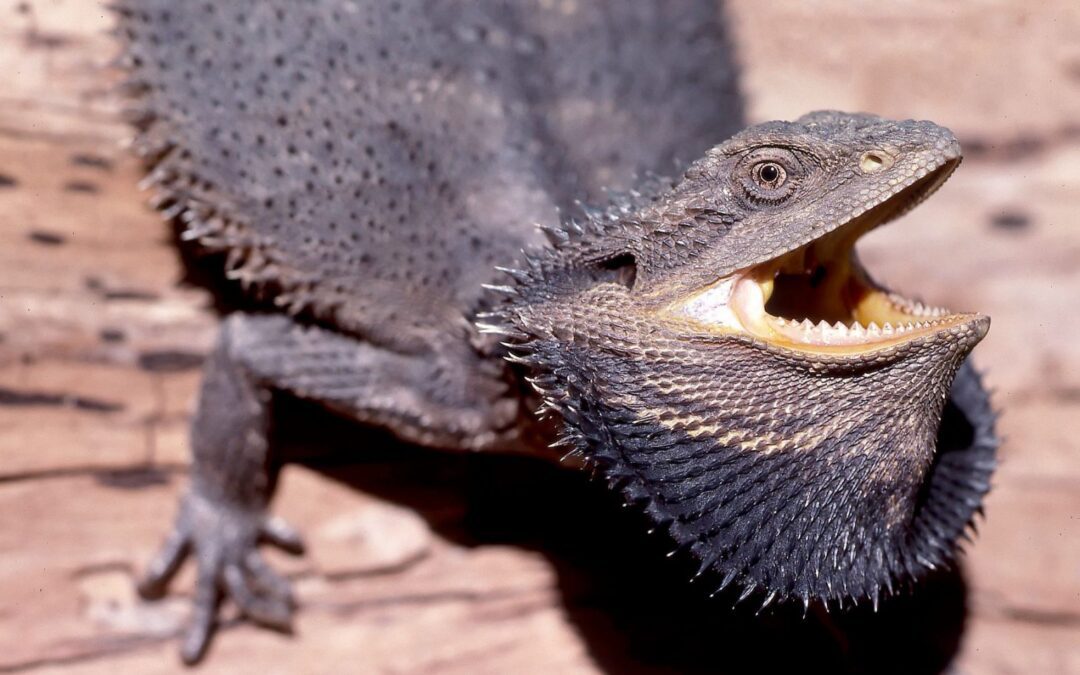Reptiles are clearly not cats or dogs, but that doesn’t mean that they don’t deserve the best care. Dental and oral health care is important for all species. All Pet Animal Hospital wants to be sure that our animal lovers of all kinds know how to best care for their pets. Keep reading to learn about reptile mouth rot and how to keep your scaly friend’s breath fresh and healthy.
Dental Concerns for Reptiles
Obviously, because reptiles are not mammals, their dental care needs can differ from our furry pets. There are some major differences, as most reptiles are acrodonts with their teeth attached directly to the gums without roots. There are also some similarities, though.
Common reptile oral health concerns include:
- Periodontal disease for bearded dragons (very similar to mammals)
- Fungal or bacterial infection of the jaw bone
- Tooth loss and/or pain
- Reptile mouth rot (infection called ulcerative stomatitis often secondary to poor husbandry and/or stress)
Pets affected by dental problems may be lethargic, underweight, and not eating well. With severe disease pus from the mouth or drainage from the nose or eyes may also be noted.
Whether it be bearded dragon dental disease with result jaw infection or ulcerative stomatitis in chameleons, oral health problems are no fun.
Rebuking Reptile Mouth Rot
What can you as a reptile lover do to make sure that your pet’s oral health is on point? It really isn’t too difficult!
- Provide the right environmental temperature and humidity for your species
- Supply an appropriate and nutritious diet
- Keep your pet’s habitat clean
- Pay attention to your pet for signs of trouble
- Be sure to bring your pet in to see one of our veterinarians for routine checkups
- Provide regular, anesthetized dental cleanings for your pet as recommended
We can also show you how to safely examine and clean your reptile’s teeth routinely at home!
If your pet ends up with oral disease, treatment is necessary. Treatment for mouth rot often requires antibiotics and antiseptic cleansing. Nutritional support may also be needed.
Sometimes surgery to remove severely damaged oral tissues is also necessary. Correction of the initial husbandry deficits leading to the disease is also paramount.
As with so many health conditions in exotic pets, steering clear of mouth rot has a lot to do with providing the right care for your species of choice. From your selections of what to feed to what type of enclosure to provide, you have the power in your hands to have a happy, healthy pet.
Doing a lot of research before you take on care of one of these amazing creatures is essential. We are also here to help you with any questions or advice you might need. Expert information is just a phone call away.

